Research led to transparent and light sound-absorbing curtains
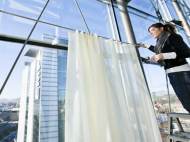 Sound absorbing surfaces in rooms where people work, talk to each other or are trying to relax are gaining more importance in modern societies. So far, lightweight and transparent curtains are acoustically almost useless, but the cooperation between researchers at Empa, textile designer Annette Douglas and silk weavers Weisbrod-Zürrer AG, resulted with a lightweight, translucent curtain material, which has excellent sound absorbing properties.
Sound absorbing surfaces in rooms where people work, talk to each other or are trying to relax are gaining more importance in modern societies. So far, lightweight and transparent curtains are acoustically almost useless, but the cooperation between researchers at Empa, textile designer Annette Douglas and silk weavers Weisbrod-Zürrer AG, resulted with a lightweight, translucent curtain material, which has excellent sound absorbing properties.
“Acousticians are pretty astonished when they see the readings we are achieving with the new curtains in the reverberation room. The weighted sound absorption coefficient is between 0.5 and 0.6”, said Kurt Eggenschwiler, Head of Empa’s Acoustics/Noise Control Division. “The new curtain genuinely absorbs sound, noticeably improving the room acoustics – and its design is also very high quality.”
The idea of a curtain that absorbs noise while, at the same time, being lightweight and translucent, came from the textile designer Annette Douglas, who has worked with the interaction between sound and textiles for many years and received the Swiss Textile Design Award in 2005 for the project named “Acoustic walls for open plan offices”. The first acoustically optimized lightweight textile on a computer, and the Empa acousticians wanted to use the characteristics of this virtual textile in order to manufacture a fabric that could absorb sound.
At first, they developed a mathematical model to illustrate both the microscopic structure of the fabric as well as its macroscopic composition. After numerous acoustic measurements made on various samples, specifically woven by Weisbrod-Zürrer, they were able to gradually optimize the acoustic properties of the fabric. Annette Douglas then succeeded in translating the new findings into weaving techniques. She chose yarns that gave the materials the necessary characteristics in terms of flammability and translucence and determined the weave structure. Weisbrod-Zürrer then adjusted the sophisticated manufacturing process so that the industrially-made curtains actually displayed the required acoustic characteristics.
Since the new curtains are translucent, they can be used in a variety of places such as offices, living rooms, restaurants, hotel lobbies, seminar rooms and even multi-purpose auditoriums, because the sound insulation becomes the deciding factor in satisfying the acoustic requirements and regulations that apply to these rooms.

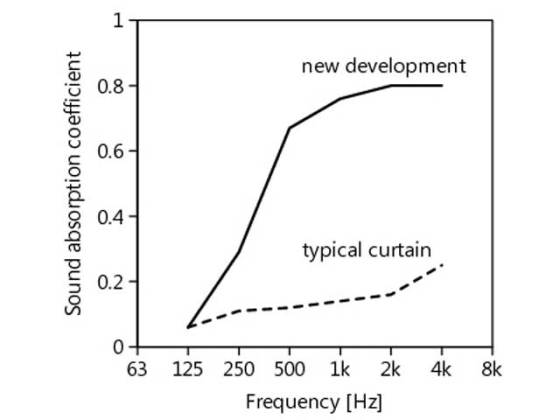

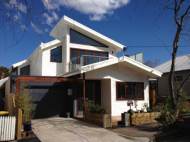

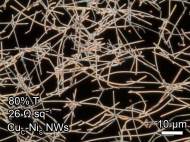
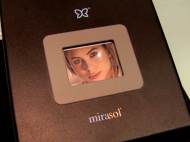
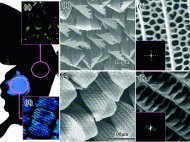

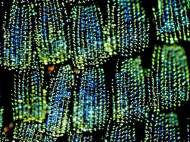
I just added this web site to my feed reader, great stuff. Cannot get enough!
I wanna know more(about quality,price,…).
Hi,
We are looking for the transparent Sound Curtain.
Wondering if any outlet or branches in Singapore so that we could purchase immediately.
Please advise.
Thanks.
regards,
Tan Chin Leong